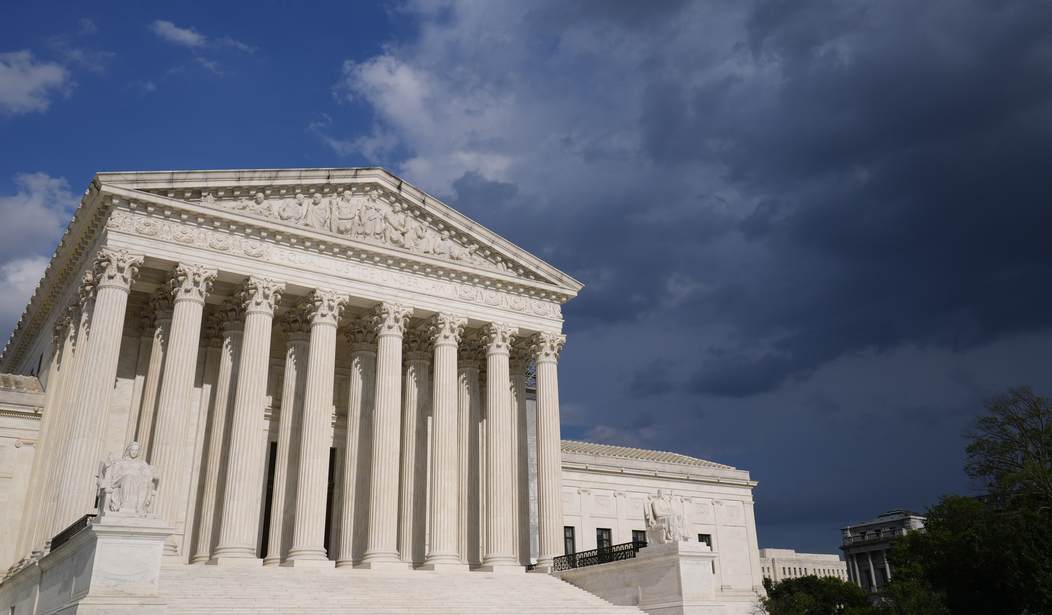I've been a bit critical of the Supreme Court not being as pro-Second Amendment as promised and for a pretty good reason. The Rahimi decision alone was sufficient cause, though that's far from the totality of the issues I've seen.
That was seemingly pretty clear on Monday as the Court refused to act on two gun control laws. The thing is, the sky isn't actually falling. Not yet, anyway.
First, let's talk about what actually happened:
The Supreme Court on Monday turned down requests from Second Amendment activists to pause gun control laws in Delaware and Maryland, keeping up a trend of avoiding challenges against state gun laws in recent years.
Justices rejected an appeal by a group of Second Amendment advocates who lost lower court challenges to obtain a preliminary injunction against Delaware’s ban on “assault weapons” and magazines that can carry more than 17 rounds. The Democratic-controlled state legislature passed the law in 2022, with Gov. John Carney (D-DE) calling it an effort to prevent mass shootings.
The Supreme Court also turned down gun rights plaintiffs who challenged Maryland’s handgun licensing regime. The pro-gun group, known as Maryland Shall Issue, argued lower courts misapplied the 2022 NYSRPA v. Bruen decision, a 6-3 case that expanded Second Amendment rights and held that gun laws must be consistent with the nation’s historical tradition of firearm regulations.
In the case against Delaware’s law, the U.S. Court of Appeals for the 3rd Circuit upheld a district court judge’s denial for a preliminary injunction against the 2022 gun control law, writing that “we see nothing extraordinary here” that would justify halting the law. Last August, the U.S. Court of Appeals for the 4th Circuit ruled 14-2 that Maryland’s licensing regime, which requires applicants to submit fingerprints, undergo a four-hour safety course, and wait up to 30 days for approval, is constitutional under Bruen.
Now, this isn't great by any stretch of the imagination, but all this was about was whether the Court would issue injunctions to put a halt to the laws in question. That doesn't mean that the Court won't opt to hear the related cases–especially considering how many other assault weapon bans are being challenged in the courts right now–and it only means they're not going to act on the law as it stands.
And, honestly, I see it.
Recommended
See, if it issues an injunction, suddenly people can buy all kinds of things that were illegal last week and might hypothetically become illegal in a matter of months. It would potentially be more disruptive to issue the injunction at this point than not.
I'm not saying I agree, only that I can see the logic at work here.
However, it should be noted that the Court didn't decline to hear the cases. It could have, but didn't. That means there's still a possibility it will hear the cases. If that happens, I don't see the odds of either law being upheld based on the Bruen decision. While Rahimi wasn't the win gun rights advocates might have wanted, it wasn't a reversal of Bruen, either, so we'll hopefully see it overturn both measures if it hears the case.
Let's just hope I'm right.

























